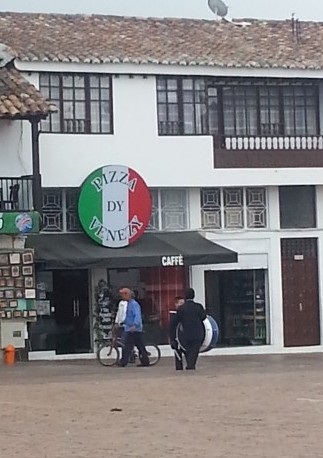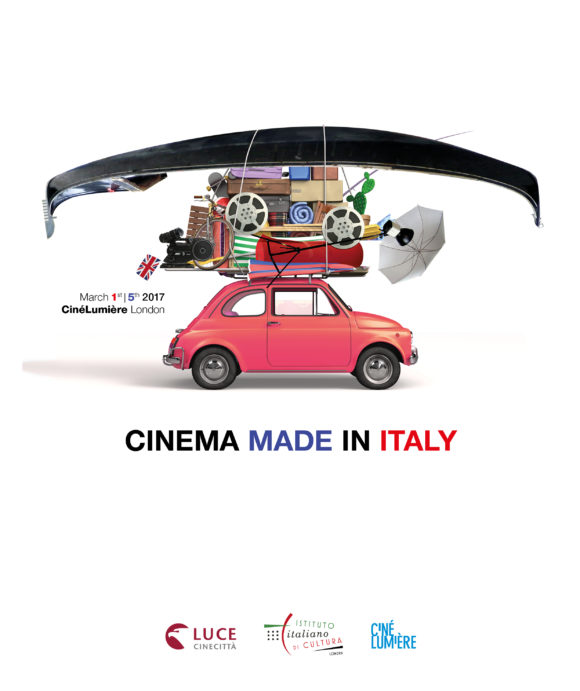Why do you study Italian? “because I love Italy!”, “I like art”, “I like Italian movies”, “my girlfriend is Italian, and I’d like to know what she’s muttering on Monday mornings”. But what about studying Italian to understand 20 pages-long menus handed out in Italian restaurants ? Non turistic restaurants seldom have menus translated in English, and you’ll have to make an effort to understand a sweating waiter trying to explain in his poor English a complex dish, its ingredients, its flavour… Well you can always order randomly or accept advices, but you could later find out you just devoured delicious chiken entrails or a spicy dish of bovine intestine…
You’ll later regret you didn’t ask your Italian teacher what a “rigaglie di pollo” is, and how to ask politely for a less bloody meal.
Best you can do, is to enrich your Italian experience with a cooking-language class. This will help you with the language, and more importantly, give you insights on Italian cuisine and the many aspects of Italian culture related to food and its preparation.
If the course encomprises tasting and eating your lesson’s recipe, you’ll probably embrace our cooking belief: back home you’ll point out to your friends that in Rome there’s no such thing as “Spanish steps” (we call it Trinità dei monti) just like there’s no “fettuccine alfredo”, “chicken pasta” or “ veal parmigiana”.
Morevoer, you’ll surprise your expat Italian friends if you cook for them meatballs (JUST meatballs, no spaghetti), a carbonara (with no cream), the simplest “spaghetti al pomodoro” or even “aglio e olio” if on a Friday night your fridge holds only beer.
In fact, many everyday Italian dishes are easy to prepare, they just require proper ingredients and some time and patience. Some might say “love”.
But cooking rules are not engraved on a stone tablet, so let’s not be too strict: you can always add some flavour or spice from your country (chicken or raw eggs are not a spices, mind you), and have your cappuccino anytime you like – even after a fish dinner. I put parmigiano on my tuna spaghetti and have eggs with american coffee for breakfast. But please don’t tell my mamma.
by Federico Mari, teacher in Rome, Kappa Italian Language school



